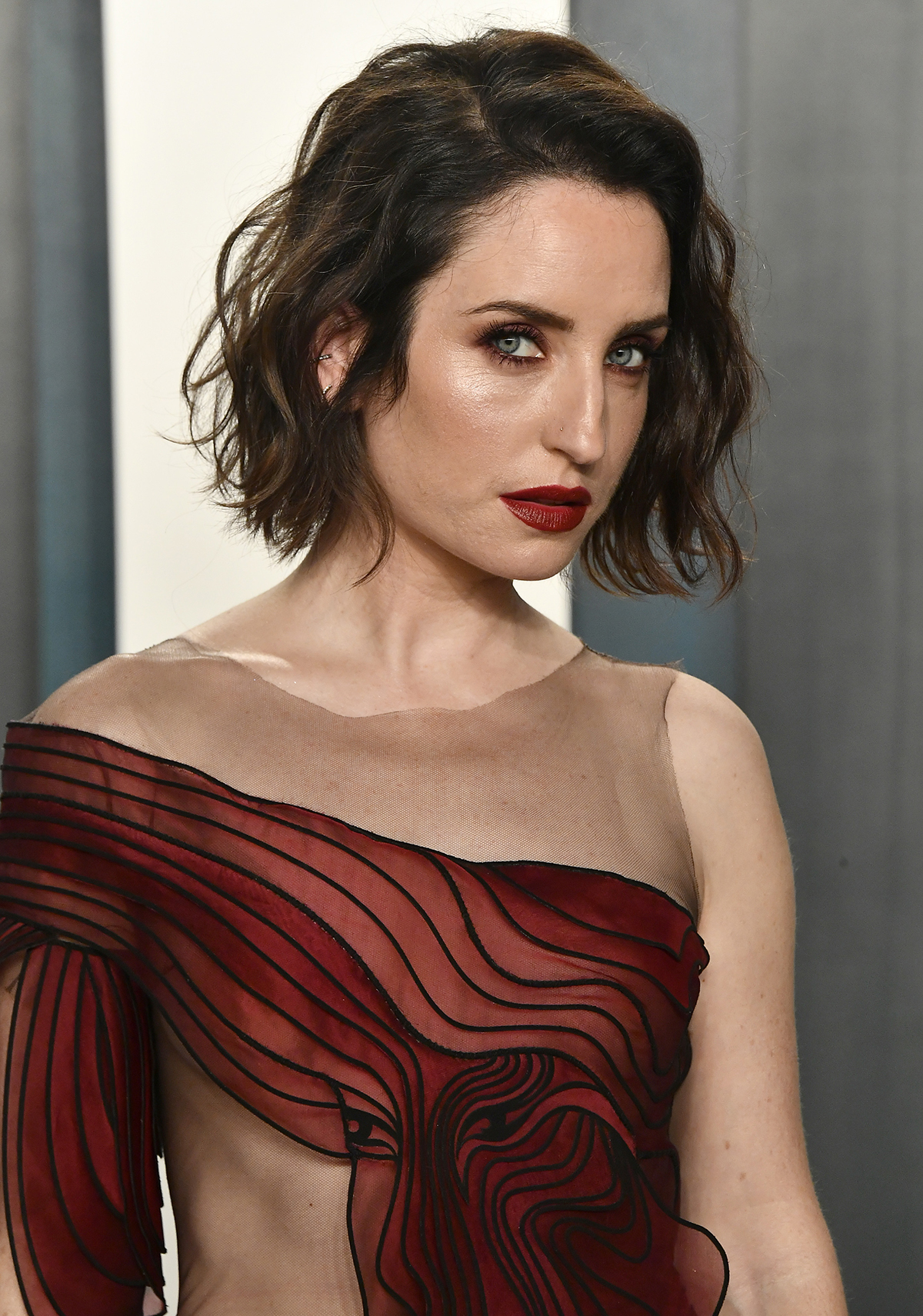
- Festivals
Sundance 2021 Interview: (How It Ends) Zoe Lister-Jones
As if the pandemic wasn’t enough to worry us, now we have to be concerned about an asteroid on a trajectory to hit Earth. At least that’s the premise of Zoe Lister-Jones’ comedy How It Ends. Premiering at Sundance, the film takes an introspective look at our lives when we face the ticking clock to what could be the end of our existence. Conceived and shot during the Covid lockdown, it features Lister-Jones as Liza, a young woman who is awoken by the arrival of a friend (Cailee Spaeny). When a phone call reveals the details of an end of the world party planned for later that evening, the two decide to take a walk around Los Angeles; briefly intersecting with a cavalcade of personalities. Soon we learn that the friend is really a metaphysical representation of Liza’s younger self, which some can see, and some can’t, and their journey becomes an opportunity to face former demons and dilemmas before their life ends. We spoke to the actor-director.
What does a festival like Sundance mean to a filmmaker?
I think it’s such an incredible space to showcase filmmaking voices from around the world and new voices and veteran voices and I think yeah, it’s just such an exciting landscape to launch some of the best movies in the world, which is just always so much fun to be a part of because it’s so inspiring to be surrounded by such incredible filmmakers.
Being in the middle of this pandemic, what better movie to see than one forecasting the end of the Earth. Is this just your personal response to the crisis?
Yeah, we conceived the film, Daryl Wayne, my co-director and my co-writer and I, during the pandemic and we shot during the pandemic. So, this is a very, (laughs) pandemic inspired film through and through. I think we both were grappling with many of the emotions that the world at large continues to be grappling with, the fear and uncertainty. We felt like we sort of didn’t have any choice but to try to process that through our art, because that’s sort of the only way we know how. So, we conceived of a narrative that could be shot in these restrictive times and called a lot of our very talented friends and asked if they wanted to experiment. Because for many of us it was our first time performing since lockdown and we were all in a very vulnerable emotional space. So, to sort of getting into a comedy that was in some ways mirroring, although it’s not about the pandemic itself, it is apocalyptic. There was a lot of catharsis I think for everybody.
I love this walk-through journey you take of LA and all the eclectic people you run across. One is Olivia Wilde, and I was mesmerized by the overlapping of dialogue the two of you had. How did you choreograph that?
We didn’t have any rehearsals. (laughs) And that scene, half of the film, I don’t know, the ratio is sort of tenuous, but many of the scenes were written in the film, all of Kelly’s and my dialogue was written, my scene with Bradley Whitford, my scene with Helen Hunt, then there were also other scenes, like my scene with Olivia, that was based out of structured outlines. We knew exactly who our characters were and what we were going to be talking about and even some dialogue and we had to be speaking over each other, but a lot of what happened on screen was just like yeah, the first take of us just going for it.
You use the device of partnering with your younger self to go on this journey. If you had the opportunity to walk around with your younger self, what kinds of things would the two of you discuss?
Well, a lot of those things are in the film, (laughs) because I think that this was my way of trying to figure that out. But I mean I think it’s all about trying to make our inner children feel heard and safe and I think a lot of what we do as grown people or as we are growing is to try to quiet that voice or ignore the voice of all of our I don’t know, deepest and darkest fears and sort of push through. I think what the pandemic has forced us all to do is to really face them in a way that we haven’t before. So yeah, I guess it’s about, for me, like talking to my inner self or my inner child in a way that is empathetic and gives her room to process what she’s feeling, rather than me sort of trying to avoid and find distractions.

